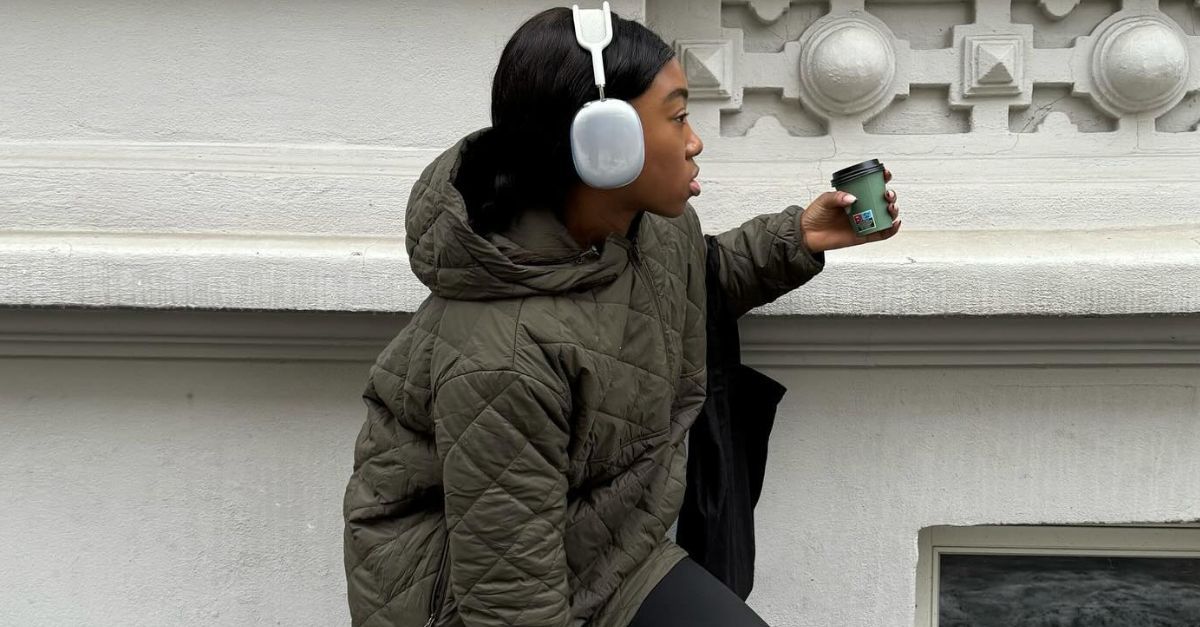Rishi Sunak had hoped to move beyond the psychodrama of the Boris Johnson premiership and put the brakes on the political roller-coaster of the past few years. It was wishful thinking.
This week will see the most damning criticism in living memory by Parliament of a former prime minister with Johnson set to be admonished by the cross-party privileges committee.
And Britain’s current prime minister now has just weeks to prepare for a trio of by-elections placed like landmines beneath his administration by his indignant predecessor.
Johnson quit as an MP on Friday night — at least “for now” — in a Donald Trump-style moment of pique. He was joined by two political acolytes, Nadine Dorries and Nigel Adams.
Their departure paves the way for three by-elections which will be the first major test of Sunak’s leadership — at a time when the mood in the party is already unsettled and Labour enjoys a 15-point lead in the opinion polls.
The Conservatives have lost several seats where they had huge majorities in the past two years — in Tiverton and Honiton, North Shropshire and Chesham and Amersham.

Johnson will relish the potential setbacks for Sunak, a former protégé who was among the ministers who forced him out of power a year ago in a stampede of resignations.
But with no signs of other MPs following suit, allies played down the idea of a complex stratagem. “I don’t think this is part of an elaborate plot to destabilise and topple Rishi Sunak,” said Guto Harri, Johnson’s former spokesman.
Instead, Johnson jumped after being told on Thursday that he faced severe sanctions from the privileges committee.
The group of MPs, which meets on Monday — and will soon afterwards publish its findings — had concluded that Johnson had deliberately lied to MPs when he told parliament he was unaware of parties in Downing Street during Covid-19 lockdowns.
Members of the committee had agreed to punish Johnson with a Commons suspension of more than 10 days which would trigger a recall vote in his constituency, which in turn could have led to a by-election.
Johnson, who was given advanced sight of the report before its publication, decided to jump before he was pushed with a blistering attack on what he dubbed a “kangaroo court”. The privileges committee responded saying Johnson had “impugned the integrity of the House”.
On Sunday, Johnson’s version of events was contradicted by Grant Shapps, a senior cabinet minister, who defended the committee and insisted that its members should be allowed to “get on with their work”.

Shapps, the energy secretary, dismissed the idea that the committee was biased or that Johnson had been forced out by the “establishment”, noting the seven-strong committee had a Conservative majority. “He (Johnson) is the one who’s removed himself from the current political scene.”
The former premier’s anger was also fuelled by the fact that his attempt to shoehorn three of his MP allies — including Dorries and Adams — into the House of Lords was thwarted when Downing Street published his resignation honours on Friday.
Allies of Johnson have claimed that he was reassured by Sunak at a meeting on June 2 that the trio would get peerages, albeit on a delayed basis to avoid multiple by-elections. But Sunak’s team has insisted that no such promise was made, with the list vetted instead by the independent House of Lords Appointments Commission (Holac).
Downing Street said this weekend that Sunak told Johnson he would “not interfere with the process”, adding: “Any suggestions of promises made or guarantees given are categorically untrue.”
The resumption of civil war within the Tory party could overshadow Sunak’s attempts to prepare not only for the looming by-elections but also next year’s general election.
Pat McFadden, a Labour frontbencher, said that three by-elections would prove there were no “no go areas” for his party: “We are going to fight all of them to win,” he said.
Johnson’s former seat of Uxbridge is the easiest target for Labour with a Tory majority of 7,210. Adams enjoyed a more substantial majority of 20,137 in Selby.
Dorries’ former seat of Mid Bedfordshire, where she had a majority of 24,664, could be the toughest challenge and is also likely to be targeted by the Liberal Democrats.
Johnson is a diminished figure in Westminster — in March he led a rebellion against Sunak’s deal on Northern Ireland that attracted only 22 names. “Good riddance” was the view from one Conservative grandee.
Yet he is still a box office celebrity with huge support among party members, having completed Brexit and led the Tories to a landslide victory in the 2019 general election.
Mark Jenkinson, the MP for Workington, said he was “very sad” that a “political giant” had been forced out of the Commons, blaming a “witch hunt”.
Even Sunak’s supporters are nervous that the Johnson soap opera may not have seen its final episode.
Shapps played down the idea of a future Johnson comeback, telling Sky News: “I’m sure he’s got many other things he wants to get on and do.”
Tim Loughton, MP for East Worthing & Shoreham, said it was time for Johnson to “keep quiet and let the grown-ups in government” get on with the job.
But Sir Jacob Rees-Mogg, a former cabinet minister who was knighted by Johnson in his resignation honours on Friday, said the former prime minister would be “in pole position” to return as Tory leader if there were a vacancy in the future.
“I would most strongly warn Conservative party management against any attempt to block Boris if he seeks the party nomination in another seat,” he said, adding: “I’m looking at some indeterminate date in the future when Rishi’s hair has gone grey and he decides to retire and Boris comes back on his charger to save the nation.”


























































![Mason Ramsey – Twang [Official Music Video] Mason Ramsey – Twang [Official Music Video]](https://i.ytimg.com/vi/xwe8F_AhLY0/maxresdefault.jpg)




















